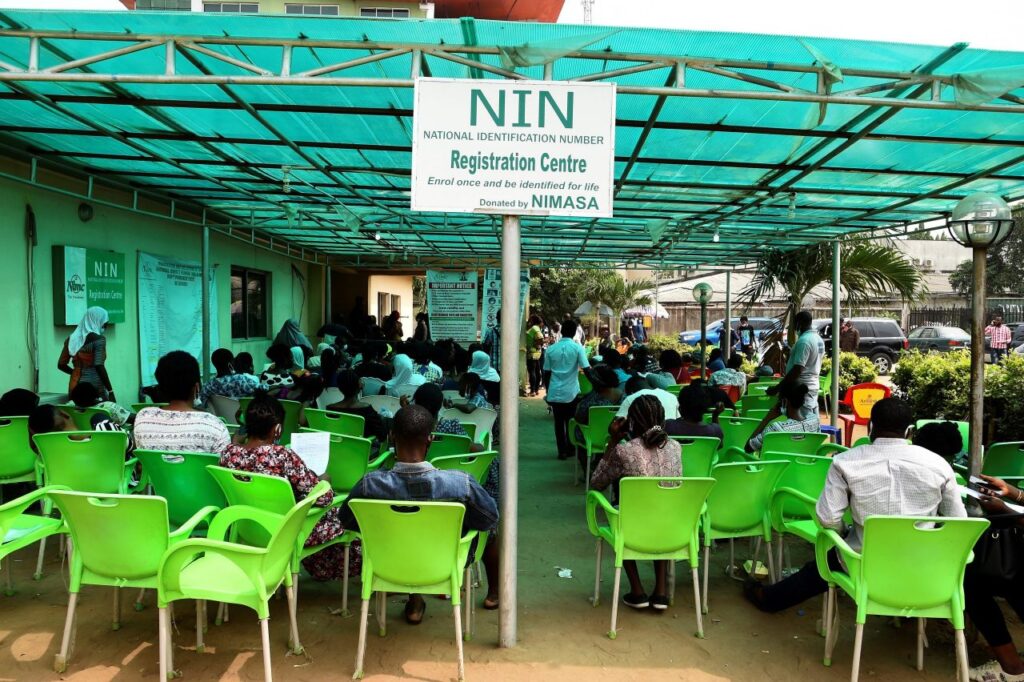As it stands, the National Identity Number (NIN) introduced by the Nigerian government has witnessed tremendous growth in enrolment from 40 million in December 2020 to over 63 million as at August 2021 (i.e. 23 million citizens enrolled in the past 9 months).
Although NIN penetration currently stands at 29.7% of the population, with the deployment of the Android Enrolment solution by the National Identity Management Commission (NIMC), it is expected there will be a rapid growth of MNO NIN enrolment centres which will translate to exponential growth in NIN enrolments.
This will bodes well for the actualization of a robust digital identity database and the growth of the digital economy in Nigeria, especially as there is a target to achieve 65% NIN penetration in the coming months in order to unlock the economic potentials of the digital economy.
Meanwhile, here are some facts and figures about the NIN registration and issuance
- 203 Partners licensed as data capture agents/front end partners
- Over 4,768 Enrolment centers established across the nation
- 8,520 active enrolment devices used for NIN registration
- 8,753 Enrolment operators trained on NIN registration processes
- 6m NIN successfully generated and issued
- 35 firms on-boarded on the authentication/verification platform
- Diaspora enrolment carried out in about 25 countries of the world
- Windows and Android Enrolment software used for NIN registration
- Contactless Biometric Capture kit launched for NIN enrolment
- 12m mobile downloads of the NIMC Mobile ID App recorded with over 47m digital profiles created
- N25b approved by FEC to upgrade the critical ID backend infrastructure
- The digital Identification program is a key component of the digital economy agenda.
- The foundational ID is an essential piece of the digital platform for an economy.
- The Telecom Service Providers are critical stakeholders in the identity for development project of Nigeria
- The sustainability of a robust ID system depends largely on the active participation of the ecosystem partners such as the Telcos
- The integration of unique foundational ID with the other registries of agencies will significantly improve targeting of appropriate beneficiaries for programs and reduce fraud related issues amongst others.
- Having a robust and verifiable ID System can help private sector increase the identifiable customer base, reduce onboarding time and create significant opportunities for innovation and growth
- All ID stakeholders have a role to play in accelerating the digital ID development in Nigeria ( support, enforce, participate, communicate, utilize, comply, etc.)
- Partnering with the Telecom Service Providers has boosted enrolment figures and driven rapid deployment of enrolment centers across the nation.




